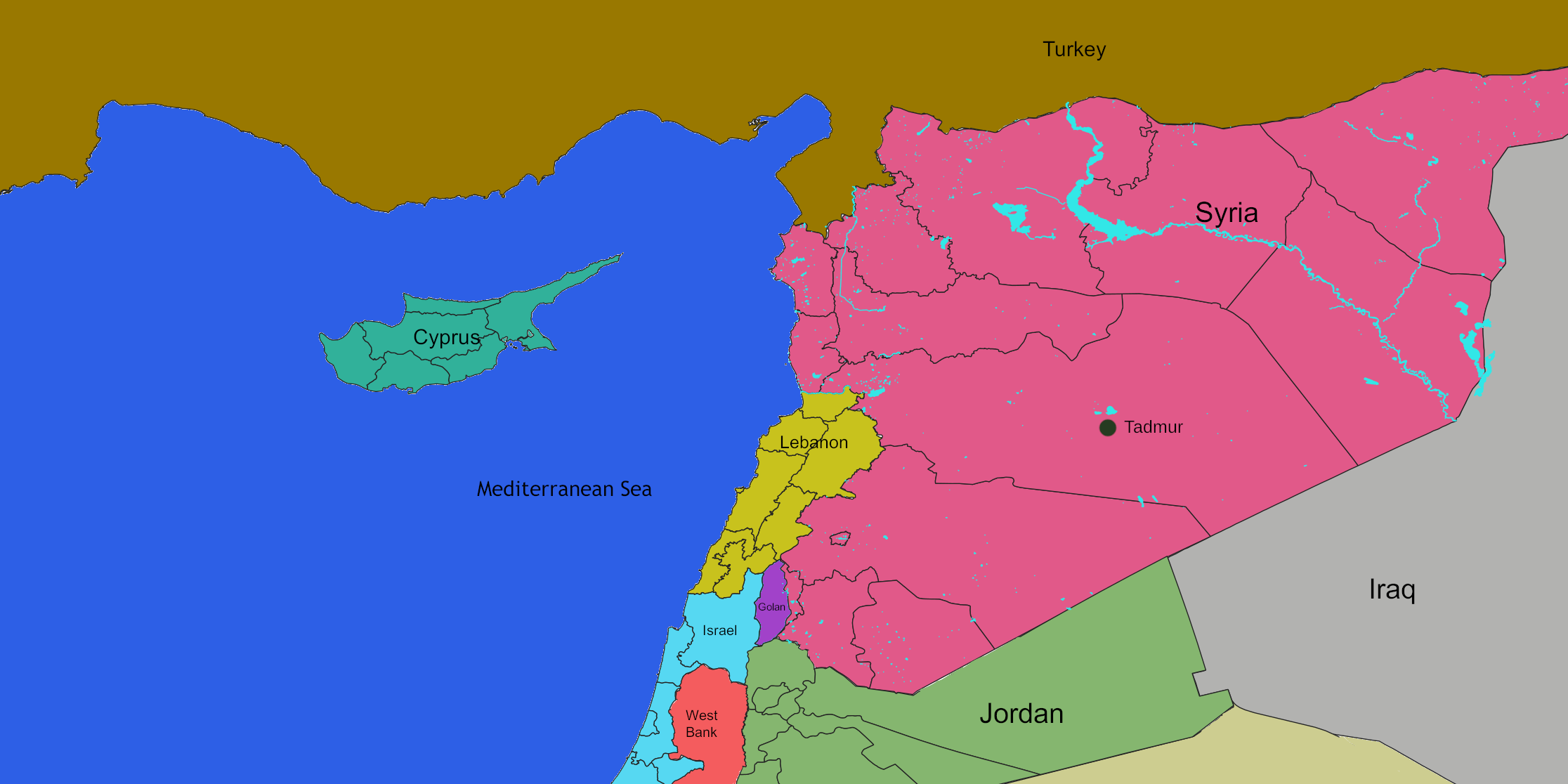Tensions between Israel and Turkey continue to soar after last week’s incident where Israel attacked the T4 air base in Tadmur, Syria, a base which Turkey was very open about planning to take over. Israel said the attacks on that base and others were “a message to Turkey.”
Turkish forces weren’t present at T4 at the time of that attack, but that’s changing, with reports that Turkey has sent reinforcements to the facility, and are planning to install a substantial air defense around it allowing them to defend against short, medium, and long-range threats.
Israel has expressed concern that Turkey’s presence at the base would harm their “freedom of action,” in which they’re attacking targets across Syria several times a week. The direct attack on T4 seems it may lead to Turkey doubling down on the facility, not caving to Israeli opposition.

Israel and Turkey have both been working on carving out their respective spheres of influence in Syria since the Assad government was ousted, but both have gone very different directions. Turkey has been working closely with the new Islamist government in Damascus, while Israel has been invading and occupying part of the south.
The concern these conflicting efforts and the tensions could lead to direct military confrontation is reportedly leading both nations to discuss a “deconfliction line,” effectively a hot-line to report on one another’s activities and avoid any accidental clashes, which could lead to a broader regional war.
Turkish FM Hakan Fidan has been very open about not wanting a direct confrontation with Israel over Syria, and denied the Israeli allegations that Turkey is trying to turn Syria into a protectorate.
Israel too is reportedly loathe to go down the regional war route in this case, with Prime Minister Benjamin Netanyahu reportedly telling officials that the attack on T4 last week was a “limited window” and that once Turkey was actually there at the base it would be “off-limits.”
At the same time, Israel is said to be heavily lobbying US Secretary of State Marco Rubio to block the planned sale of F-35 warplanes to Turkey, believing it would hurt their qualitative edge over the NATO member. Rubio is believed to be hawkish on Turkey, though it is unclear if he will block a lucrative US sale of warplanes in this case, which may undermine the US demands for NATO nations to spend ever more on their militaries.


